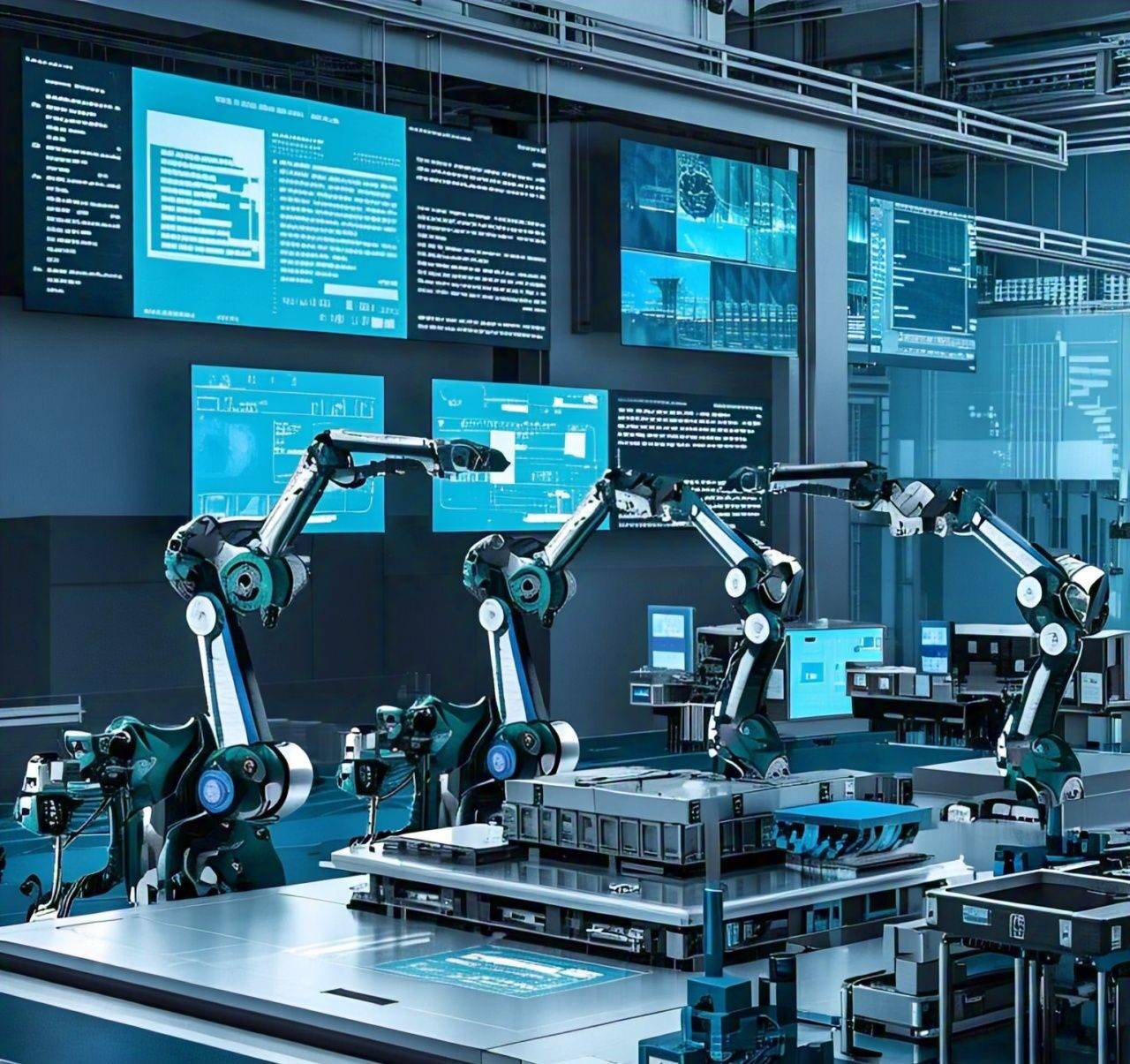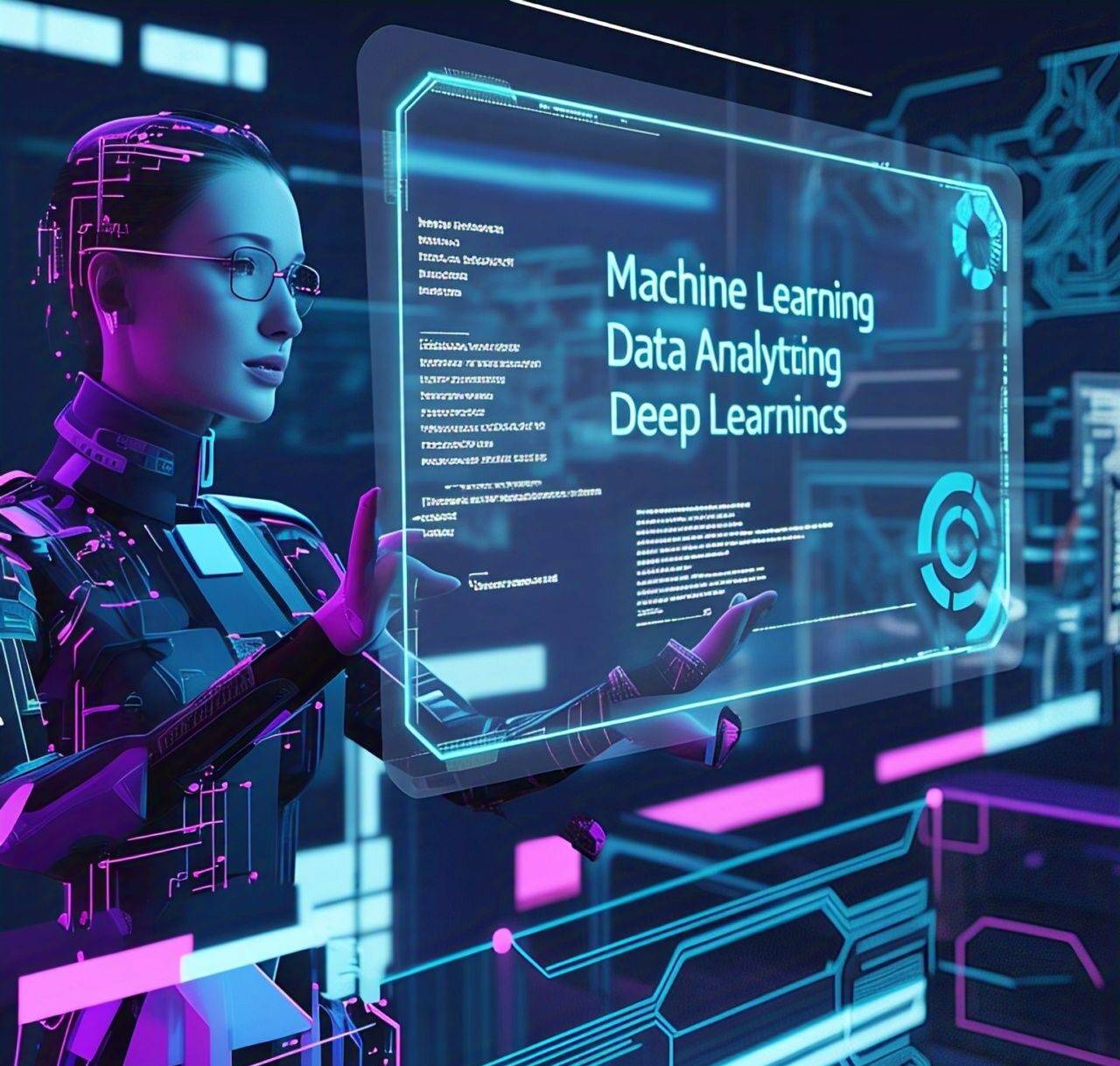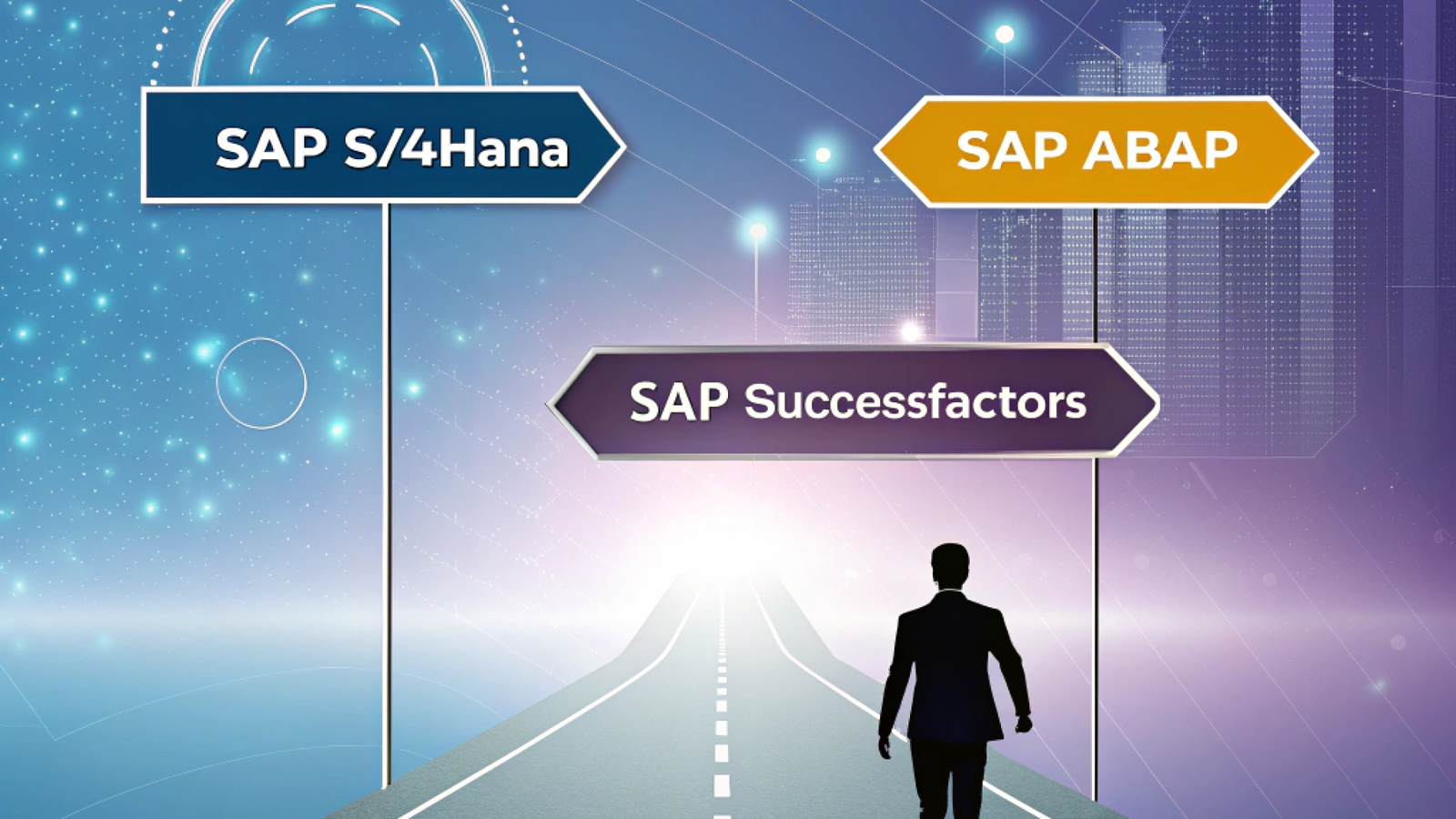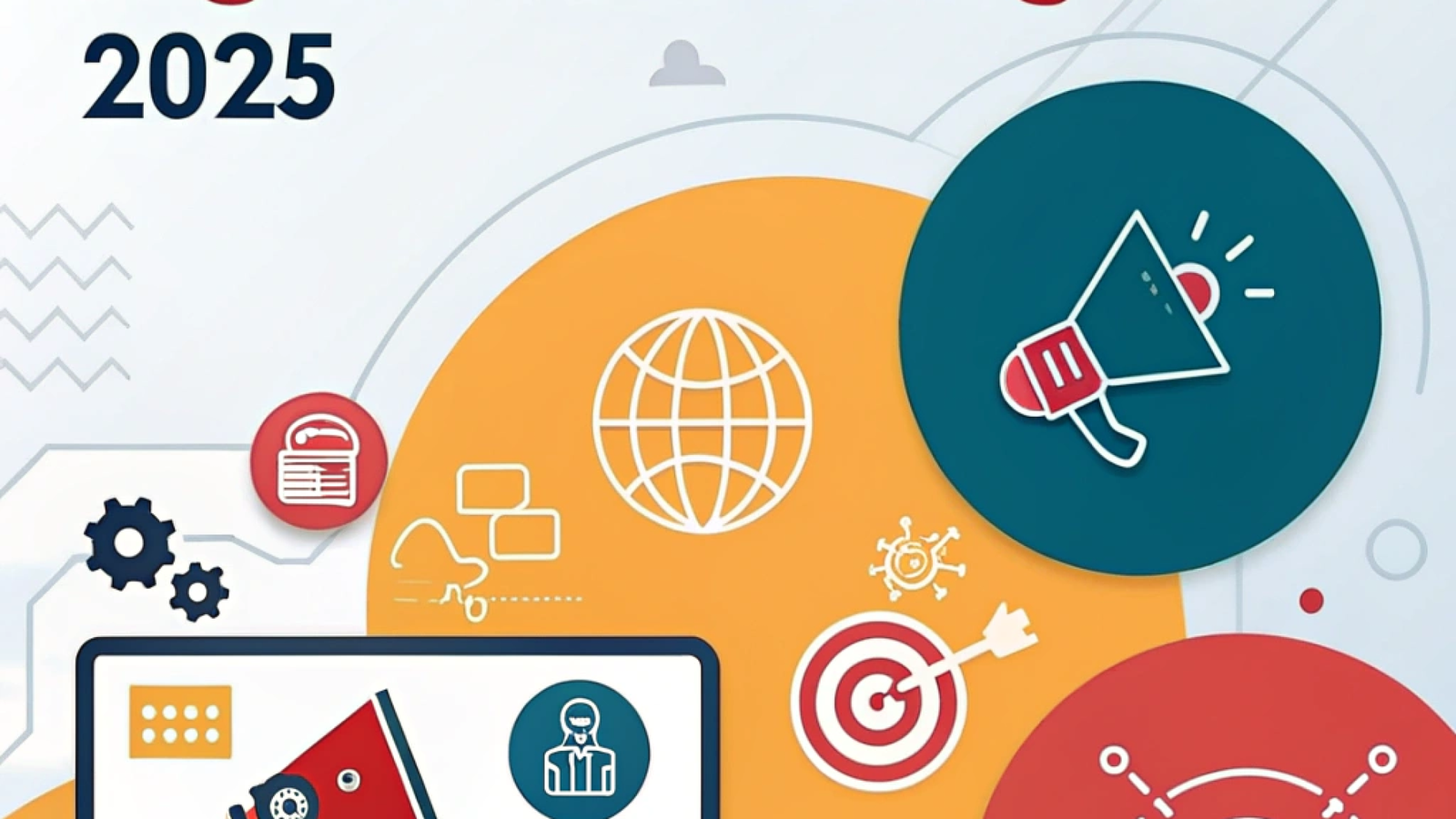Currently Empty: ₹0.00
Master AI & Data Science in 2025: A Career Guide for Professionals
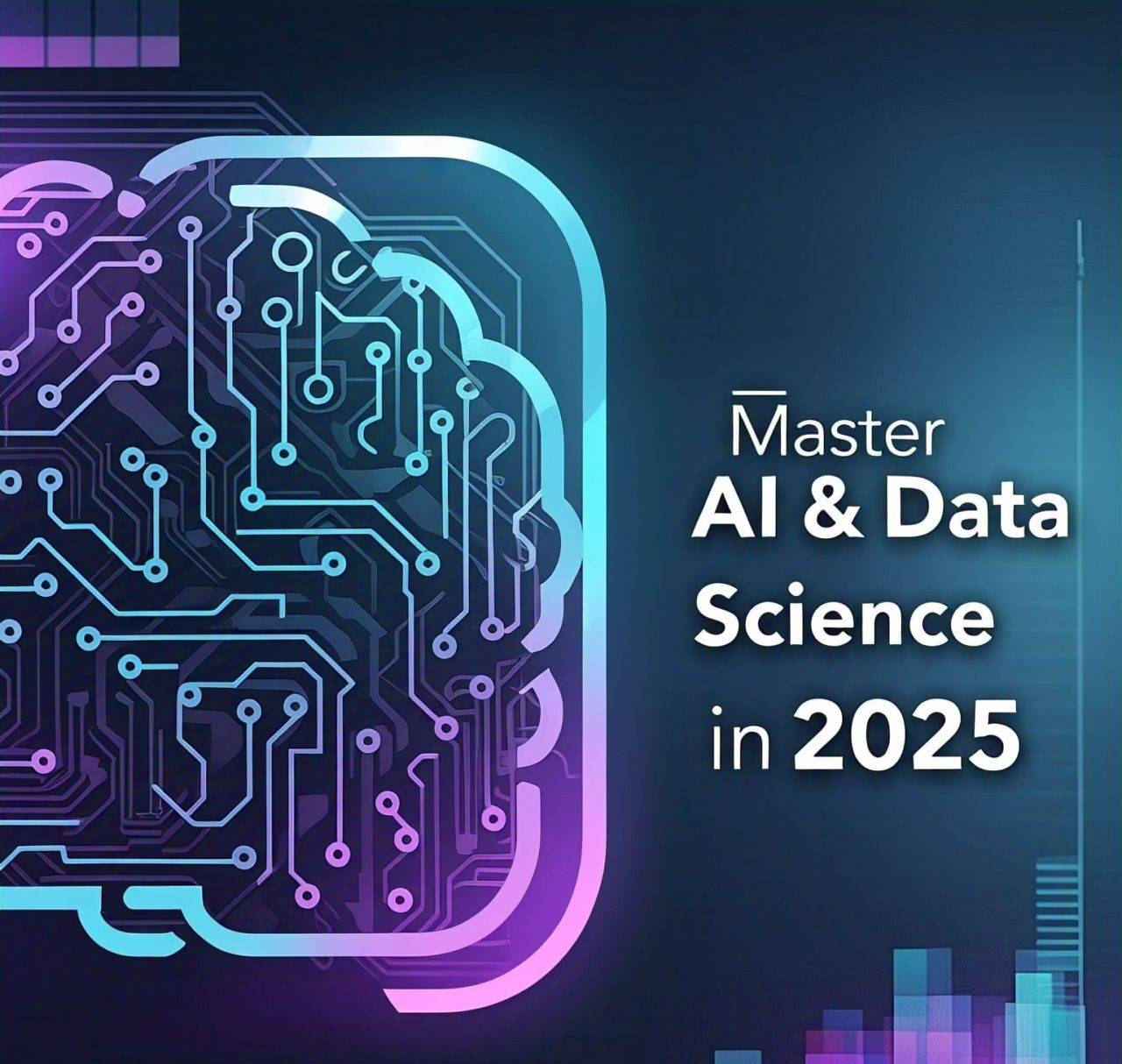
Introduction
Did you know AI job postings surged by 74% in 2024?
Here’s how you can stay ahead in 2025.
Artificial Intelligence (AI) and Data Science are two of the most influential technologies shaping the modern world. For working professionals in 2025, acquiring expertise in these fields can be a game-changer, opening doors to career growth, automation-driven industries, and high-paying job opportunities. As businesses and researchers continue to harness intelligent technologies and data-driven insights, understanding their role, applications, and future trends becomes essential.
Why Working Professionals Should Learn These Skills
1. High Demand for AI and Data Science Expertise
With industries increasingly relying on automation and analytics, professionals with strong data and AI skills are in high demand. Companies seek experts who can analyze large datasets, build predictive models, and implement intelligent solutions to optimize business operations.
2. Lucrative Career Opportunities
Careers in AI and Data Science offer some of the highest-paying jobs across various industries, including healthcare, finance, retail, and technology. Professionals with expertise in these fields can explore roles such as Data Scientist, Machine Learning Engineer, AI Consultant, and Business Intelligence Analyst.
3. Flexibility and Remote Work
Many roles in AI and analytics allow professionals to work remotely, providing greater work-life balance and flexibility. This makes it an ideal field for working professionals looking to upskill while managing their current job responsibilities.
4. Enhancing Decision-Making Abilities
Gaining knowledge in AI-driven analytics equips professionals with problem-solving and strategic thinking skills. These abilities are valuable across industries, helping businesses improve efficiency and drive innovation.
How AI and Data Science Are Transforming Industries
Healthcare
AI-powered diagnostic tools, predictive analytics, and personalized medicine are revolutionizing healthcare, making early disease detection and treatment more effective.
Finance
Banks and financial institutions leverage AI for fraud detection, risk assessment, and algorithmic trading, enhancing security and operational efficiency.
E-Commerce & Marketing
AI-driven recommendation engines, chatbots, and predictive analytics are transforming the way businesses engage with customers, leading to personalized marketing strategies.
Manufacturing & Supply Chain
Automation and predictive analytics streamline production processes, optimize inventory management, and improve supply chain efficiency.
Cybersecurity
With increasing cyber threats, AI plays a crucial role in identifying anomalies, detecting fraudulent activities, and strengthening security measures in real time.
Education
AI-powered personalized learning platforms help students grasp concepts more effectively by adapting to individual learning styles and providing interactive content.
Energy Sector
Smart grids and AI-driven analytics optimize power distribution, reducing energy waste and improving overall efficiency.
Emerging AI Technologies in 2025
Quantum AI
By combining quantum computing with artificial intelligence, researchers are achieving faster processing speeds for complex computations, revolutionizing industries like pharmaceuticals and cryptography.
AI in Edge Computing
Edge AI reduces latency by processing data locally on devices instead of cloud servers, making it crucial for real-time applications like autonomous vehicles and IoT devices.
Generative AI
AI models that can generate text, images, music, and even code are becoming increasingly sophisticated, paving the way for creative and automated content generation.
Skills Required for AI and Data Science Careers
To excel in AI and Data Science, professionals need a combination of technical and analytical skills:
- Mathematics & Statistics – Essential for predictive modeling and deep learning algorithms.
- Programming Languages – Python and R are the most commonly used languages in AI and analytics.
- Big Data Technologies – Tools like Apache Spark and Hadoop are necessary for handling vast amounts of data.
- Cloud Computing – AI models are increasingly being deployed on cloud platforms like AWS and Google Cloud.
AI’s 2025 Breakthroughs: What Professionals Need to Know
| Industry | AI Impact |
|---|---|
| Healthcare | AI diagnoses diseases faster than doctors |
| Finance | Fraud detection now 99.9% accurate |
| E-Commerce | Chatbots boost sales by 30% |
| Cybersecurity | AI stops attacks before they happen |
Skills You Need to Succeed
🔹 Math/Stats (Linear algebra, probability)
🔹 Python/R (The languages of AI)
🔹 Big Data Tools (Spark, Hadoop)
🔹 Cloud Platforms (AWS, Google Cloud)
🔹 AI Ethics (Bias prevention, GDPR compliance)
AI Ethics and Responsible AI
Bias in AI
AI algorithms can sometimes produce biased results if trained on unbalanced datasets. Addressing fairness in AI decision-making is crucial for ethical development.
Data Privacy
With data regulations like GDPR, organizations must ensure user data is handled responsibly to maintain compliance and build trust.
Explainability
Making AI decisions transparent and interpretable is essential to gaining user confidence and regulatory approval.
Future Career Growth in AI and Data Science
Expected Job Growth
AI and Data Science jobs are projected to grow by over 30% in the next decade, making it one of the fastest-growing career fields.
Freelancing & Consulting
Many professionals are choosing independent careers in AI, offering consulting services, developing AI-powered applications, and providing training.
AI in Startups
Startups are leveraging AI to create innovative solutions in healthcare, finance, and automation, opening new entrepreneurial opportunities for AI professionals.
Best Ways for Working Professionals to Learn AI and Data Science in 2025
1. Enroll in a Structured Course
A well-designed learning program offers a guided path, hands-on projects, and mentorship. Cambridge Infotech provides industry-relevant courses tailored for working professionals.
2. Learn Online Through Self-Paced Programs
For those who prefer flexible learning, online platforms offer self-paced certification programs in AI and analytics.
3. Gain Hands-On Experience with Real-World Projects
Practical implementation is key to mastering AI and data analysis. Work on real-world datasets, build machine learning models, and participate in hackathons.
4. Stay Updated with Latest Trends and Technologies
The field of AI is constantly evolving. Follow industry blogs, research papers, and attend conferences to stay ahead.
5. Network with Industry Professionals
Join AI and Data Science communities, attend webinars, and connect with professionals on LinkedIn to explore job opportunities and career growth.
Conclusion
For working professionals in 2025, learning AI and Data Science is a strategic move to enhance career growth, increase earning potential, and stay competitive in the evolving job market. With structured courses like those offered by Cambridge Infotech, professionals can gain hands-on experience and industry-relevant knowledge to excel in these careers.
Whether you’re looking to transition into AI, upskill for career advancement, or gain expertise in data-driven decision-making, investing in AI and related technologies will open new opportunities in the digital age.
The AI revolution is here, will you lead or be left behind?
FAQs.
1.Can I learn AI without a tech background?
Yes! Beginner courses start from scratch
2. Can I learn AI and Data Science while working full-time?
Yes! Many structured courses, including those from Cambridge Infotech, offer flexible and self-paced learning options suitable for working professionals.
3. Do I need a programming background to start learning AI and Data Science?
While a background in programming (Python, R) is helpful, many beginner-friendly courses teach AI and Data Science from scratch.
4. How long does it take to become proficient in AI and Data Science?
It depends on your learning pace. Typically, 6–12 months of consistent learning and hands-on practice can make you job-ready.
5. What are the career opportunities after learning AI and Data Science?
You can pursue roles like Data Scientist, Machine Learning Engineer, AI Consultant, Business Intelligence Analyst, and AI Developer.
6. What industries are hiring AI and Data Science professionals?
Industries such as healthcare, finance, retail, cybersecurity, energy, and education are actively hiring AI and Data Science experts.
7. What are the best learning resources for AI and Data Science?
Enrolling in structured courses like Cambridge Infotech, joining online platforms, reading research papers, and working on real-world projects are great ways to learn.
8. How much can I earn as an AI and Data Science professional?
Salaries vary by experience and location, but AI and Data Science professionals can earn anywhere from $80,000 to $200,000+ per year, depending on expertise.
9. Is AI and Data Science a future-proof career?
Yes! AI and Data Science continue to evolve, and their applications are expanding across industries, ensuring long-term career stability.
10. Where can I enroll in an AI and Data Science course in 2025?
Cambridge Infotech offers industry-relevant AI and Data Science courses tailored for working professionals.
“Explore AI courses at Cambridge Infotech”
Ready to future-proof your career? Enroll in Cambridge Infotech’s AI program today!
RECOMMENDED BLOGS
The Most Powerful Artificial Intelligence Topics In ( 2025 )
AI Trends: The Future of Artificial Intelligence in 2025 and Beyond Introduction
Flutter Course 2025: Learn to Build Cross-Platform Apps Like a Pro
Deep Learning Course: A Complete Guide to Mastering AI In ( 2025 )

